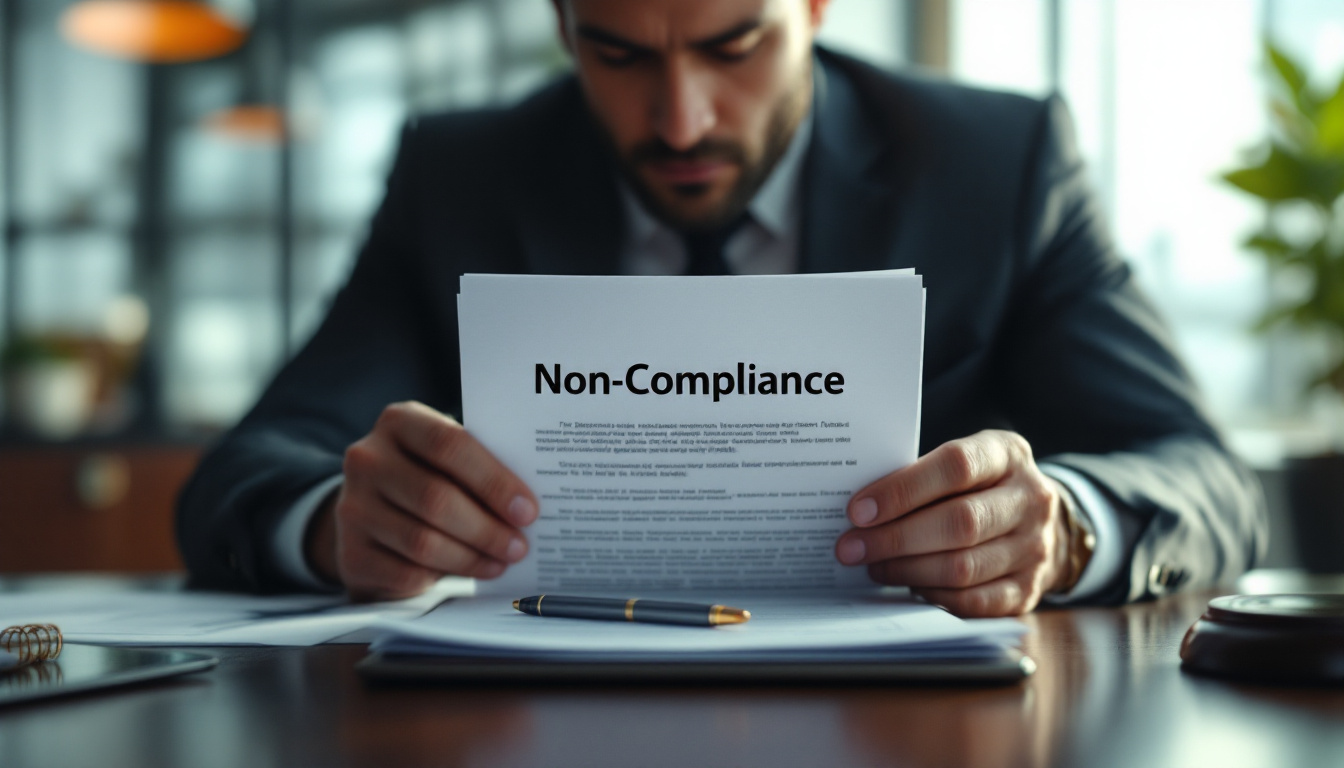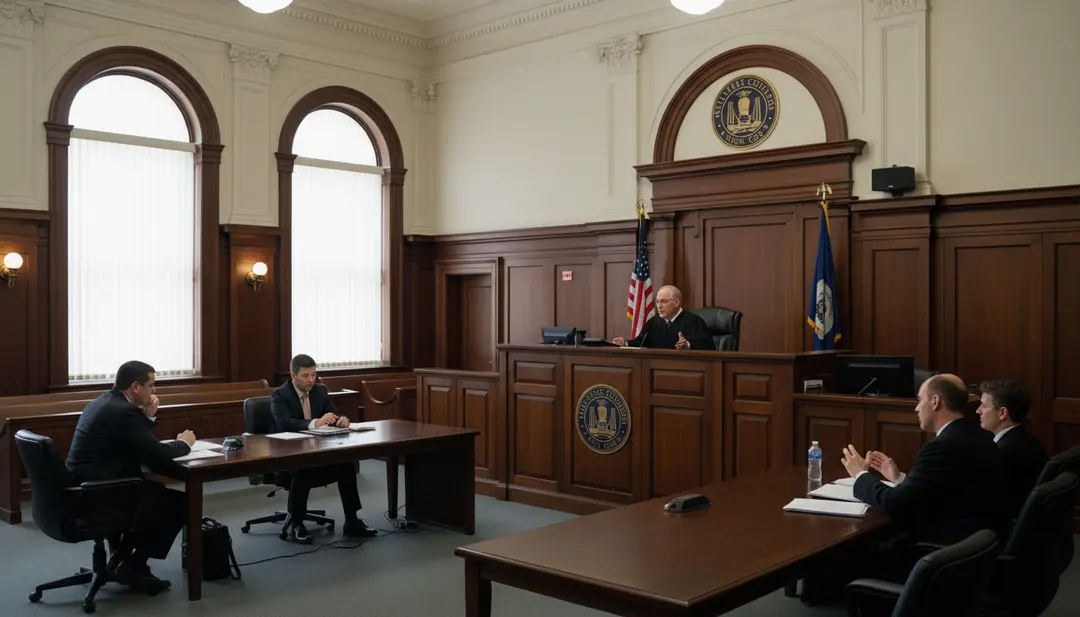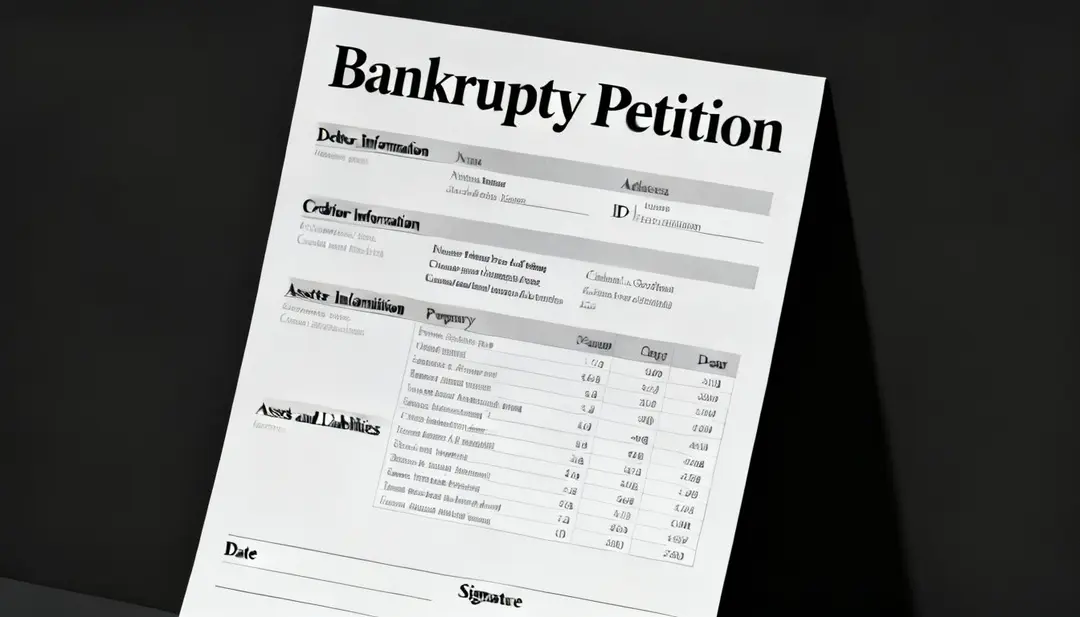Staying on top of Arizona Corporation Commission (AZCC) records isn’t just a tedious yearly task—it’s a frontline defense against costly penalties and future disruptions for your HOA. When board member or management changes go unreported, your association’s good standing and regulatory visibility are put at risk. It only takes one oversight to open the door to compliance headaches and potential fees.
Keeping records current with the AZCC is a core duty for HOA leaders who want to avoid unnecessary trouble. Consistent updates show state regulators you’re serious about compliance, while also making sure your association remains eligible for loans and insurance and avoids unpleasant surprises. If you want reliable, efficient support in this area, it’s wise to partner with an experienced Arizona HOA law firm that understands these requirements.
Whether you manage a small planned community or a growing condominium association, working with a Phoenix HOA Lawyer or a Tucson HOA Attorney can help your community stay on track. At Halk, Oetinger, and Brown, you’ll find flat-rate legal services and seasoned guidance to keep your records in order and your community protected.
Understanding AZCC Requirements for Arizona HOAs
Meeting Arizona Corporation Commission (AZCC) requirements starts with knowing which records need immediate attention when changes happen in your HOA. Keeping this information up to date is not only smart but required. Whether you are an HOA board member or a property manager, these tasks belong high on your list because missing them can lead to state penalties or put your nonprofit status at risk. With support from a seasoned Arizona HOA Attorney, you can stay focused on community goals while knowing compliance is handled by experienced hands.
Key Documents to Update with the AZCC
Arizona law is clear: timely updates to key organizational records with the AZCC protect your HOA’s status and shield you from fines. Overlooked changes create blind spots that invite regulatory headaches.
Here are the top records you need to keep current:
- Officer or Director Changes: Update whenever board members resign, are replaced, or newly elected. Missing this update may impact critical communications from the state or creditors.
- Management Company Information: If your association hires a new management company, this update should go directly to the AZCC. Accurate contact information ensures official notices reach the right people.
- Statutory Agent: The statutory agent serves as your HOA’s legal point of contact for state correspondence. If you swap agents or an agent’s address changes, file promptly to avoid lapses in legal notice.
Accurate documentation does more than keep you compliant—it builds credibility with regulators and homeowners. Attention to detail also supports smooth operations, especially when law firms like Halk, Oetinger, and Brown provide flat-rate general counsel services.
To support proper recordkeeping habits, the HOA Records Retention Guide offers a practical summary of document types, timelines, and state expectations. Keeping solid records now helps you answer questions or legal demands with confidence later.
Timing and Deadlines for Updates
Timely filing is critical—Arizona HOAs must report updates to the AZCC within a reasonable timeframe, typically within 30 days of a change. This includes any transition in the board of directors, management company, or statutory agent details.
Waiting too long or relying on memory can put your board in a tough spot. Instead, develop a simple routine:
- Review officer, agent, and management company details at every board meeting.
- Designate a responsible party or committee (often your association’s secretary or property manager) to submit changes online or by mail.
- Set reminders for annual filings and any event-based updates.
- Document all communications about changes for your HOA’s files.
Best practice is not just to meet the deadlines but to get ahead of them. A Phoenix HOA Lawyer or a Tucson HOA Attorney can help you set up systems to flag changes and avoid last-minute scrambles. Working with legal professionals who understand Arizona’s rules and HOA needs, like the team at Halk, Oetinger, and Brown, can turn this process from a headache into a seamless part of your governance routine.
Consequences of Neglecting AZCC Updates
Keeping your HOA records up to date with the Arizona Corporation Commission (AZCC) is more than a procedural task—it's foundational for the stability and reputation of your community. Ignoring these requirements can steer your association into avoidable pitfalls, making daily management harder and risking your legal and financial standing. Here’s what can happen if you let AZCC updates slide.
How Non-Compliance Affects Your HOA’s Good Standing and Operations
Neglecting timely updates to AZCC records exposes your HOA to unwanted attention from regulators, slows down essential business functions, and invites legal headaches. When your association falls out of good standing with state administrators, even simple transactions become barriers:
- Business transactions might be delayed as lenders, insurers, and service providers require proof of compliance before moving forward.
- Regulatory scrutiny increases, putting every board action under a microscope.
- Members may become concerned or lose trust in the board’s management, impacting community morale.
Ongoing non-compliance can draw out disputes, trigger warning notices, or even escalate to legal challenges. Information from the HOA Compliance Challenges article details how such oversights can cause lasting operational strain, disrupt meeting schedules, and introduce confusion about who is eligible to make critical decisions. Bringing in a skilled Arizona HOA Attorney, Phoenix HOA Lawyer, or Tucson HOA Attorney can make navigating these stressful situations much smoother.
Financial and Legal Penalties for Incomplete Records
Missing AZCC updates can quickly hit your HOA’s budget. The most common issues include:
- Late fees and state fines: Arizona may impose penalties for overdue or inaccurate filings, adding avoidable costs to your community expenses.
- Threat of litigation: Leaving records incomplete or outdated could be cited in lawsuits, especially if disputes arise about board authority or election results.
- Insurance and lending issues: Banks and carriers may deny or delay contracts when your corporate status isn’t clear, which can stall crucial projects or leave your community exposed.
Mismanaged compliance also complicates matters for potential investors or lenders, who look for well-documented governance before providing funds or services. This can make it tough for your HOA to get loans, renew insurance, or even collect on delinquent assessments. For a complete overview of best practices, the Arizona HOA disclosure requirements overview breaks down how strong record keeping can protect your community.
Poorly handled compliance isn't just a paperwork hassle—it impacts everything from daily operations to your association’s future ability to maintain value and keep residents happy. Working with firms like Halk, Oetinger, and Brown offers the stability and legal insight needed to keep your records current and your community strong.
How to Keep Your HOA Records Up to Date
Staying organized with your HOA records is the secret to smooth operations and ongoing compliance. When your documents are current, you can avoid state penalties and decrease the risk of disputes with owners or management. Strong record keeping helps you answer questions quickly, satisfy audits, and maintain homeowners’ trust. With Arizona HOA laws always changing, your association needs habits and tools that make staying up to date more than just a yearly chore.
Best Practices for Arizona HOA Record Keeping
To make your record keeping effective and accurate, you need a clear set of habits that everyone on the board understands. Records should be handled like a roadmap—organized and ready when you need to make decisions or respond to owner questions. Transparency also strengthens your board’s connection with the community and keeps regulators confident in your operations.
Here’s how you can keep up:
- Create a Records Policy: Outline what must be kept, for how long, and who is allowed to access which documents.
- Store Records Securely: Use both digital and hard-copy storage so you’re covered if a disaster or system outage strikes.
- Regularly Update and Audit Files: At least quarterly, review meeting minutes, governing documents, contracts, and correspondence for accuracy and completeness.
- Document All Board Actions: Every major vote or decision should be recorded in detail to protect your HOA if disputes arise.
- Share Information as Required: Be ready to provide records to members upon request, as Arizona disclosure rules require. Keeping this process straightforward builds homeowner confidence.
For more tips on disclosure and transparency, take a look at this comprehensive Arizona HOA record-keeping guide.
If you want to avoid compliance mistakes, consider bringing in an Arizona HOA Attorney or an experienced Phoenix HOA Lawyer. Their expertise is especially helpful for interpreting the law, answering tough owner questions, and improving your community’s systems.
Responding to Management Changes and Other Major Events
When your HOA swaps management companies or goes through other significant changes, quick action is essential. Delays or gaps in updating your records could leave the board exposed to compliance risks or communication breakdowns.
To respond effectively after a transition:
- Revisit All Key Contact Info: Start by updating AZCC and internal records with the latest board and management details.
- Schedule a Transition Audit: Review all files, billing, contracts, and critical correspondence to ensure nothing falls through the cracks.
- Document the Handover: Create written summaries of what responsibilities are changing hands. File these for future reference.
- Notify Residents: If board or management contacts change, update residents so they know whom to call with questions or concerns.
- Check for Policy Updates: Revisit your community’s rules and procedures, as major events are the best time to bring policies up to date.
For steps on keeping your association’s governance tight—especially after legislative changes—review the guide on governance and policy updates for Arizona HOAs.
If your association is facing a management change or navigating other challenges, bringing in a Tucson HOA Attorney can provide peace of mind. For a team that puts problem-solving before billable hours, learn more about the Azhoa Law Firm Overview.
The right systems and legal support empower your board to keep records organized, transparent, and fully compliant—no matter what changes come next.
Supporting Compliance With Professional Help
No matter how organized your board may be, keeping up with Arizona HOA compliance demands more than just good intentions. Legal updates, shifting regulations, and evolving community needs require reliable expertise. Working with the right legal counsel helps you keep your Arizona Corporation Commission (AZCC) records accurate and up to date, shielding your HOA from penalties and confusion. With responsive attorneys on your side, you gain peace of mind and more time to focus on managing your community.
Leveraging Legal Counsel for Ongoing Compliance
Bringing in experienced legal counsel isn’t just a safety net—it’s a practical way to simplify your responsibilities and guard your association’s reputation. An Arizona HOA Attorney can clarify legal obligations, review governing documents, and step in quickly when urgent questions pop up.
Here’s when you should reach out to your legal team:
- Major events: Board member changes, management transitions, or updates to your statutory agent.
- Unclear statutes: When you need clarification on AZCC requirements or any new Arizona HOA laws.
- Member disputes: When disagreements arise around compliance or governance.
- Compliance audits: If you’re preparing for an AZCC filing or a records review.
When talking with a Phoenix HOA Lawyer or Tucson HOA Attorney, ask targeted questions such as:
- Are our current filings in line with all state requirements?
- What documentation should we prioritize after a board or management change?
- Do you see any gaps in our records or reporting system?
- How should we handle requests for information from regulators or homeowners?
Building a relationship with your law firm strengthens your board’s ability to manage changes confidently. Look for a team—like Halk, Oetinger, and Brown—that offers flat-rate general counsel services and transparent billing. This approach gives your board predictability, not surprises, when it comes to legal costs. Their experienced attorneys focus on efficient problem-solving and real-time answers, whether you’re overseeing a small community or a large condominium association.
To reinforce your board’s compliance strategies, explore Arizona HOA compliance tips. Practical advice from seasoned attorneys can help you anticipate trouble spots before they escalate. The result is a well-supported board with the knowledge and resources to keep your HOA compliant, organized, and trusted by your community.
Conclusion
Strong record-keeping and timely updates to your Arizona Corporation Commission records benefit your HOA in every way, from protecting against penalties to supporting smooth decision-making. When you make compliance a habit, your community gains stability, credibility, and fewer disruptions. For true peace of mind, team up with a qualified Arizona HOA Attorney, Phoenix HOA Lawyer, or Tucson HOA Attorney who understands the details and deadlines.
At Halk, Oetinger, and Brown, you have access to flat-rate legal counsel, comprehensive support for governance, collections, and dispute resolution, as well as innovative approaches to HOA management. Explore our full range of Association Governance Services to help your board confidently manage records and compliance. Thank you for your leadership in building a well-managed, trustworthy community—share your own experiences or connect with us to keep the conversation going.













